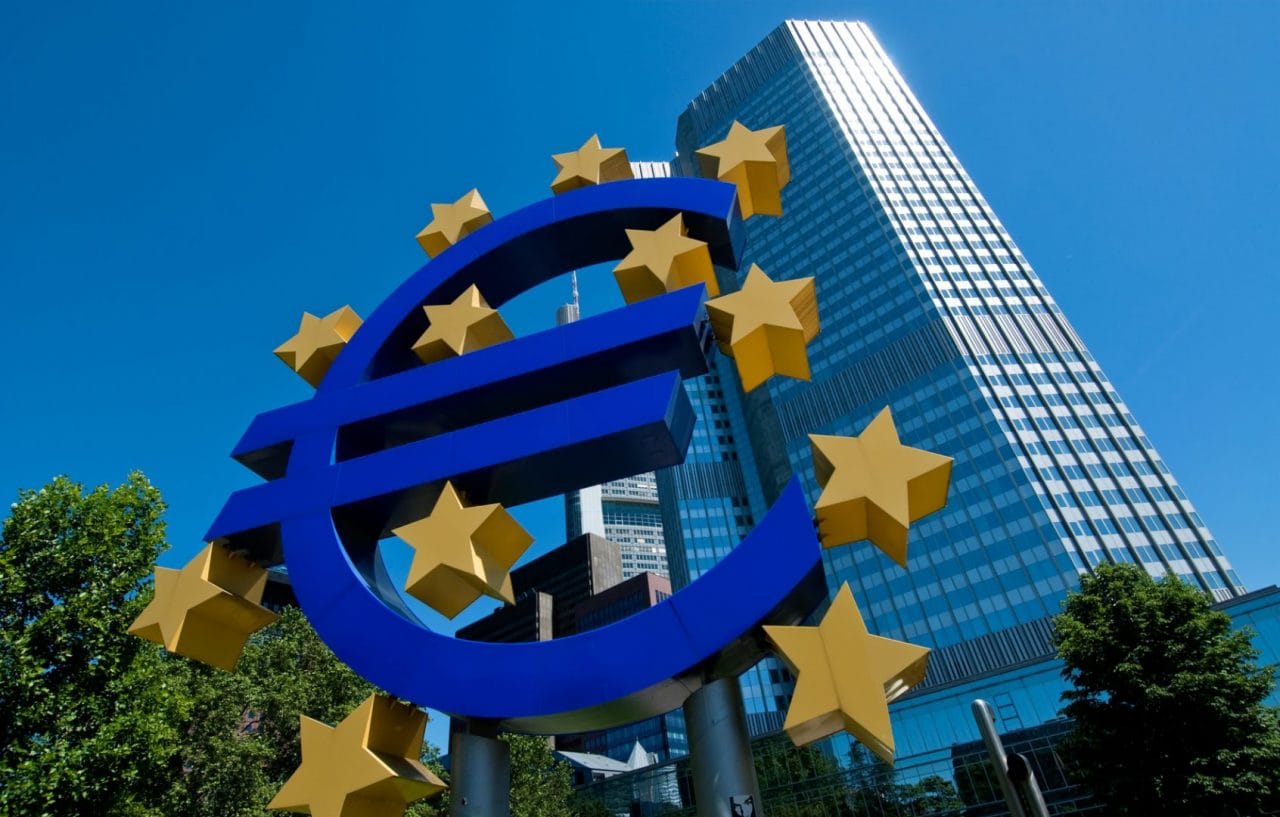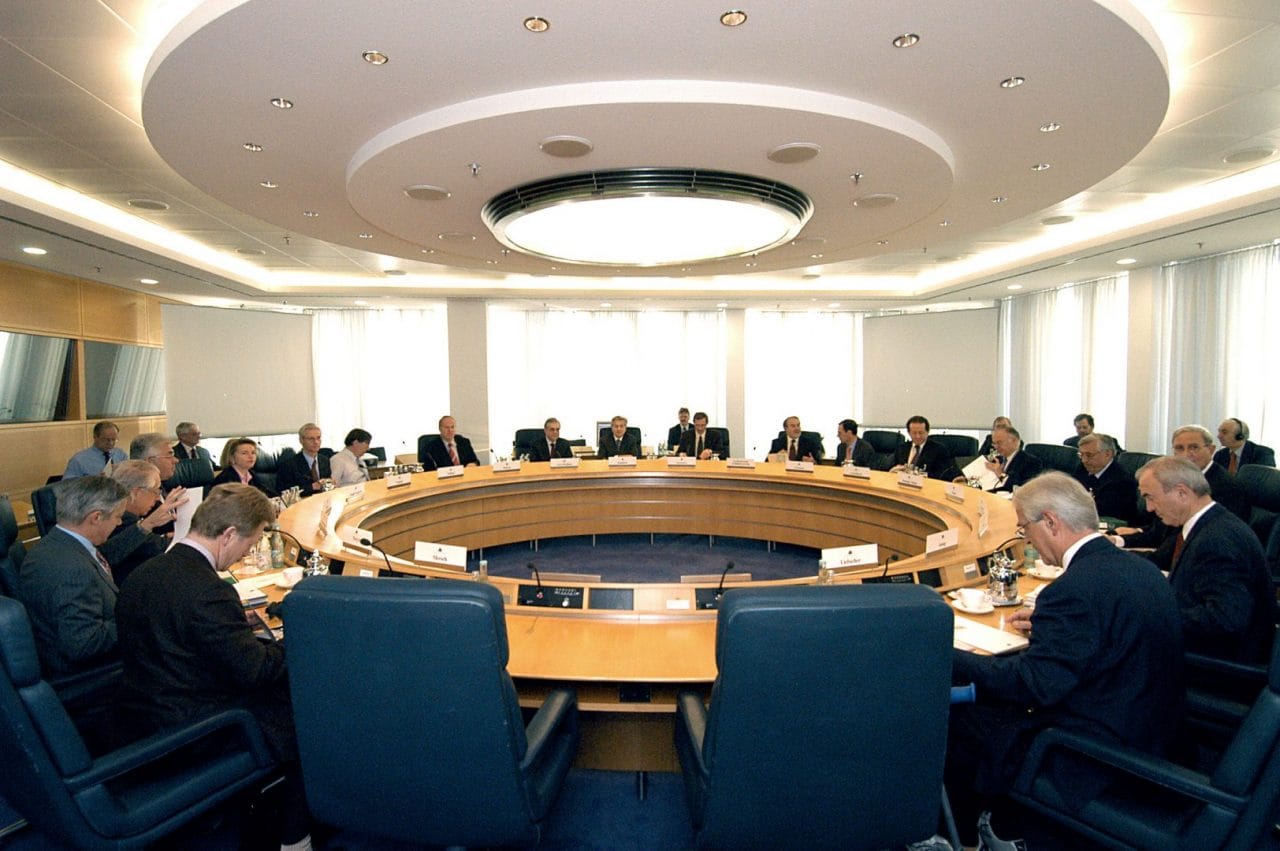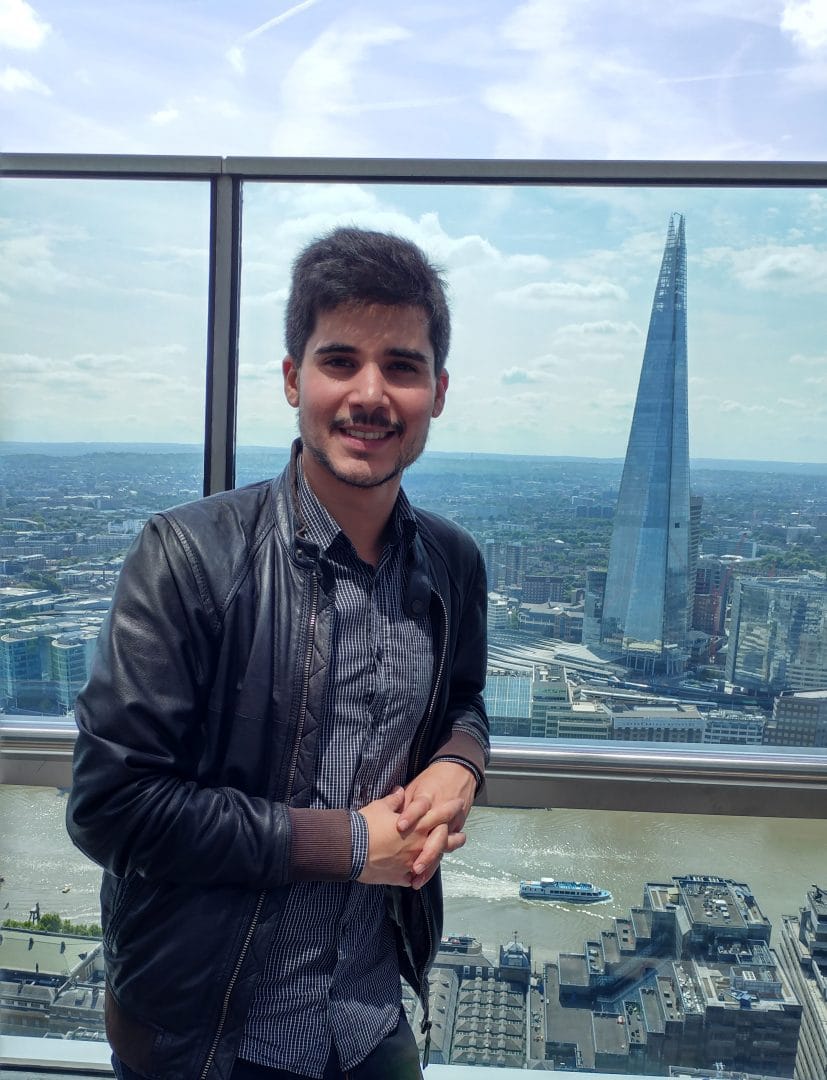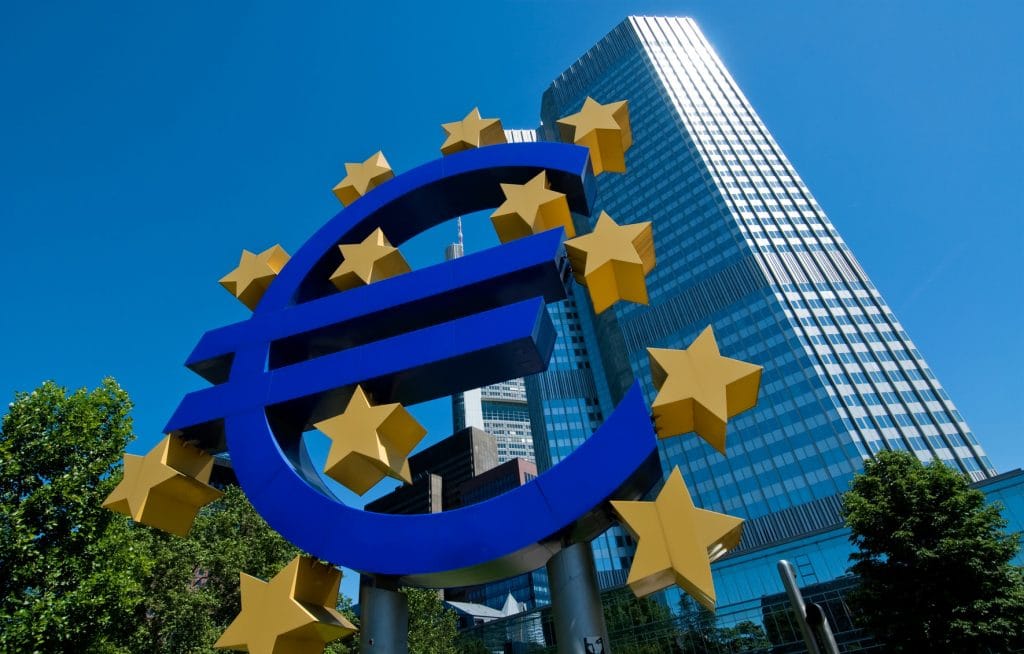
Despite all the Brexit talks and the consequent buzz originated around it, European Institutions keep working at full speed to get themselves ready for the year to come. That is, at least, what was underlined in the last European Central Bank (ECB) Monetary Policy Committee (MPC) meeting, which took place on December 13. In it, they reviewed the ongoing main policies regarding Quantitative Easing (QE) while they decided to freeze the next year’s interest rates on the main refinancing operations and the interest rates on the marginal lending.
As such, they decided that “the interest rate on the main refinancing operations and the interest rates on the marginal lending facility and the deposit facility will remain unchanged at 0.00%, 0.25% and -0.40% respectively.” That basically means that the Governing Council expects the key ECB interest rates to remain at their present levels at least through the summer of 2019, and in any case for as long as necessary to ensure the continued sustained convergence of inflation to levels that are below, but close to, 2% over the medium term.
Likewise, and regarding non-standard monetary policy measures, “the net purchases under the asset purchase programme (APP) will end in December 2018.” At the same time, the Governing Council will enhance its forward guidance on reinvestment. Accordingly, as was also agreed by the institution, the Governing Council intends to continue reinvesting, in full, the principal payments from maturing securities purchased under the APP for an extended period of time past the date when it starts raising the key ECB interest rates, and in any case for as long as necessary to maintain favourable liquidity conditions and an ample degree of monetary accommodation.

Michael Metcalfe, global head of macro strategy at State Street Global Markets commented that, “It is ironic that Quantitative Easing (QE) will end this month, despite the backdrop of mounting pressure on European governments to expand their fiscal deficits. However, it is no coincidence, as the end of QE is the ECB’s first-step in a long and gentle path to removing policy stimulus.”
Additionally, the expert continued with, “And while European labour markets have tightened and wage growth is showing tentative signs of returning, growth, as reflected in the ECB’s own forecasts, remains tepid. This means that the monetary tightening cycle will be glacial and pressures of fiscal policy will only grow in the coming year. This in turn will keep the market focused on the details of ECB’s reinvestment policy for what little official support will remain for sovereign bond markets going forward.”
On the other hand, Antoine Lesné, head of EMEA strategy and research for SPDR ETFs said that, “As expected, the end of net asset purchases was confirmed and is a first step in a gradual normalisation of monetary policy. However, while recent economic numbers like the Industrial Production Index were less alarming than previous economic data, there is a loss of economic momentum at play in the Eurozone, which was acknowledged by President Draghi last week. This backdrop means that rate normalisation will be slow, gradual and dependent on growth pick up.
While he mentions that the market focus has now started to shift towards the ECB’s reinvestment policy and the potential to use other accommodative measures, should there be a need to support the economy and inflation targets. Given where core bond yields are currently trading, there will be little support at such low levels in the New Year, leading us to favour shorter duration exposures to mitigate some of the interest rate sensitivity in portfolios.

Hernaldo Turrillo is a writer and author specialised in innovation, AI, DLT, SMEs, trading, investing and new trends in technology and business. He has been working for ztudium group since 2017. He is the editor of openbusinesscouncil.org, tradersdna.com, hedgethink.com, and writes regularly for intelligenthq.com, socialmediacouncil.eu. Hernaldo was born in Spain and finally settled in London, United Kingdom, after a few years of personal growth. Hernaldo finished his Journalism bachelor degree in the University of Seville, Spain, and began working as reporter in the newspaper, Europa Sur, writing about Politics and Society. He also worked as community manager and marketing advisor in Los Barrios, Spain. Innovation, technology, politics and economy are his main interests, with special focus on new trends and ethical projects. He enjoys finding himself getting lost in words, explaining what he understands from the world and helping others. Besides a journalist he is also a thinker and proactive in digital transformation strategies. Knowledge and ideas have no limits.









